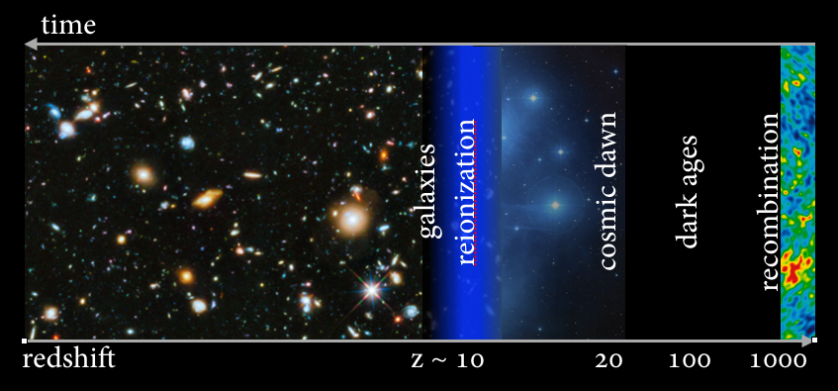I’ve been using parts of the verb “moderate” in ambiguous contexts recently, but deliberately because, whatever its etymology, its different uses are surely related at root.
Everything in moderation is a kind of plea for moderation, a middle-way between extremes – a good example here on dietary “fads” from Julian Baggini. He concludes – in this dietary context:
“The burden of proof is always on those who deny the middle path. Extreme claims almost always turn out to be wrong. Almost always.”
It’s more general than that of course, wherever extremes are recommended, especially in polarisation to opposite extremes. Taleb’s work is important in drawing conclusions from the “tails” of statistical probabilities, there visual insignificance can hide very significant mechanisms. As Baggini suggests, it’s really about the onus of evidence – and that’s not about quantity, weight or shouting loudest, it’s about very specific understanding of what is happening.
But I’ve also been using moderation in the sense of moderator rods in a nuclear reactor – something that basically slows down a process that might be in danger of running away with itself, towards unintended consequences, left to its own devices. And I’ve been using it in connection with mediated and social media contexts. It’s like censorship (god forbid) but at a process level. Viral polarisation is a real barrier to progress everywhere right now. 99 times out of a 100 the extreme positions are insignificant to the issue immediately to hand, and their prominence simply gets in the way of finding best solutions.
Moderation is under-rated.
�” Ian Glendinning (@psybertron) August 16, 2018
A great acceleration of “western” decline, no less.
Yep. Bigger and deeper. Fairly fundamental epistemological problem in how humans process information. (Prefer a “rate moderation” view than censorship – think nuclear reactors and evolving species populations?)
�” Ian Glendinning (@psybertron) August 10, 2018
And yes, it’s about evolution,
… all mutation and no conservation equals death.




